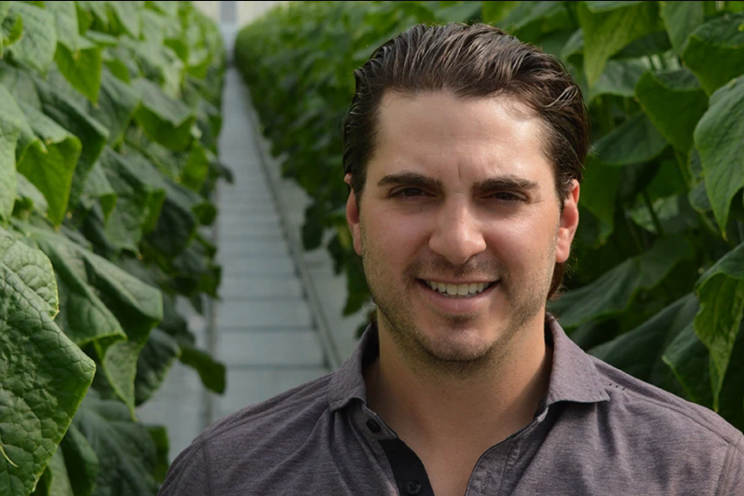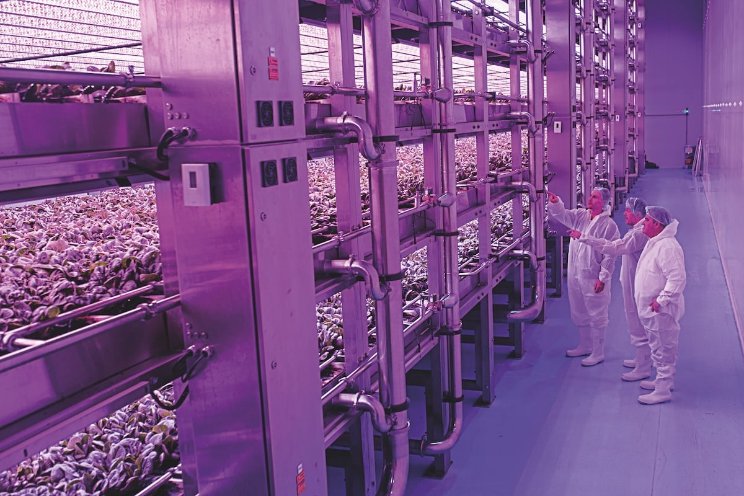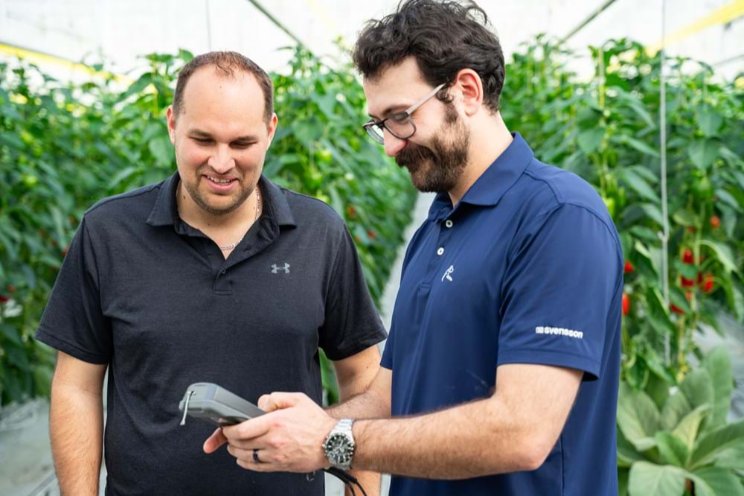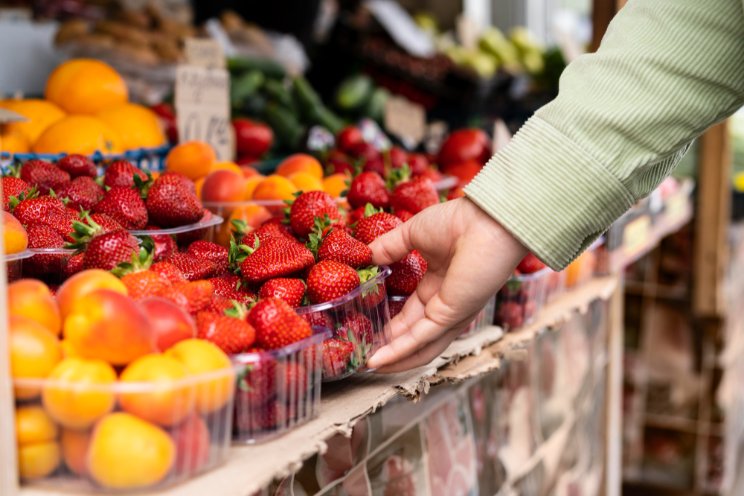Turning farm waste into futuristic food
Added on 19 August 2020
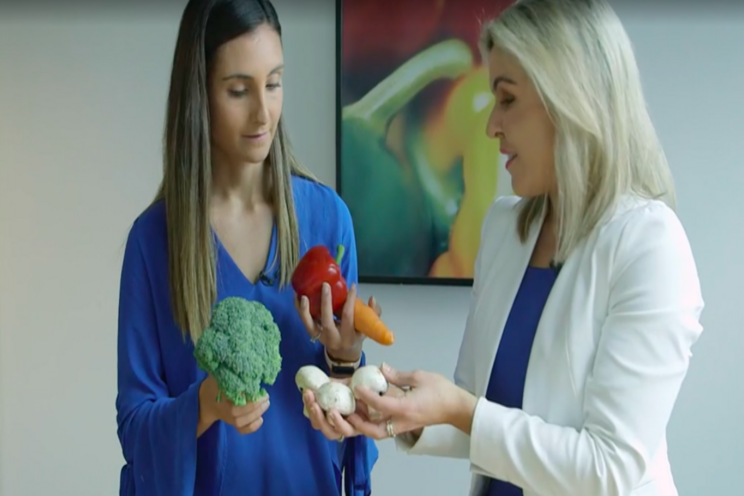

The nation's federal science agency has been working with Australian fruit and vegetable growers to find an all-in-one solution to reducing farm waste and preventing health crises caused by malnutrition.
Around 14 million tonnes of food goes to waste in Australia every year. That's 3.3 billion tonnes of greenhouse gas emissions, for nothing.

Photo Credit: The Feed
And that's not just mouldy bread or chicken that's started to smell; around a third of fruit and vegetables grown on farms don't even make it to the supermarket.
Werribee-based company Velisha Farms grows a variety of vegetables for Australian grocers. Their chief executive, Catherine Velisha, says there's a limit to the types of vegetables they'll take.
"There's definitely been a push from a retail side of things, to have a more consistent specification for products. So that obviously leaves a wider amount out-of-specification," Ms Velisha told The Feed.

Workers at Velisha farms in Werribee.
Photo Credit: The Feed
While 'out-of-specification', or "ugly", vegetables are left to rot on the farm, almost all of us aren't getting anywhere near our recommended daily intake, which is contributing to rising obesity levels, type two diabetes and heart disease.
So when it comes to food, we're not just killing the planet, we're killing ourselves.
But CSIRO researchers believe they've found a simple way to solve both those problems.
Would you take one of your daily serves in a powder form?
CSIRO researchers say they've developed a food processor that converts out-of-specification or 'waste' vegetables into a highly nutritious powder. The project is funded by research body Hort Innovation.
"It's about 30% protein and about 30% fibre, so it's a really good source of those macronutrients," CSIRO researcher Debra Krause told The Feed.
And according to Debra Krause, "Two tablespoons in a smoothie and you've got a serve of vegetables." The recommended dietary intake is five serves of vegetables a day.
The vegetable power can be added to breads, snacks, dips and even coffee to increase vegetable consumption.

Photo Credit: The Feed
CSIRO has suggested it can also be added to food served in hospitals and nursing homes to increase the nutritional content of meals given to some of society's most vulnerable.
"We have a growing population. We have a lot more people around the world that we need to feed. So if we can be more efficient in doing that and help reduce waste, save water and other precious resources, it's a win-win," Ms Krause said.
Source: The Feed
Photo: Screenshot from the Feed video.
Source: The Feed
More news

